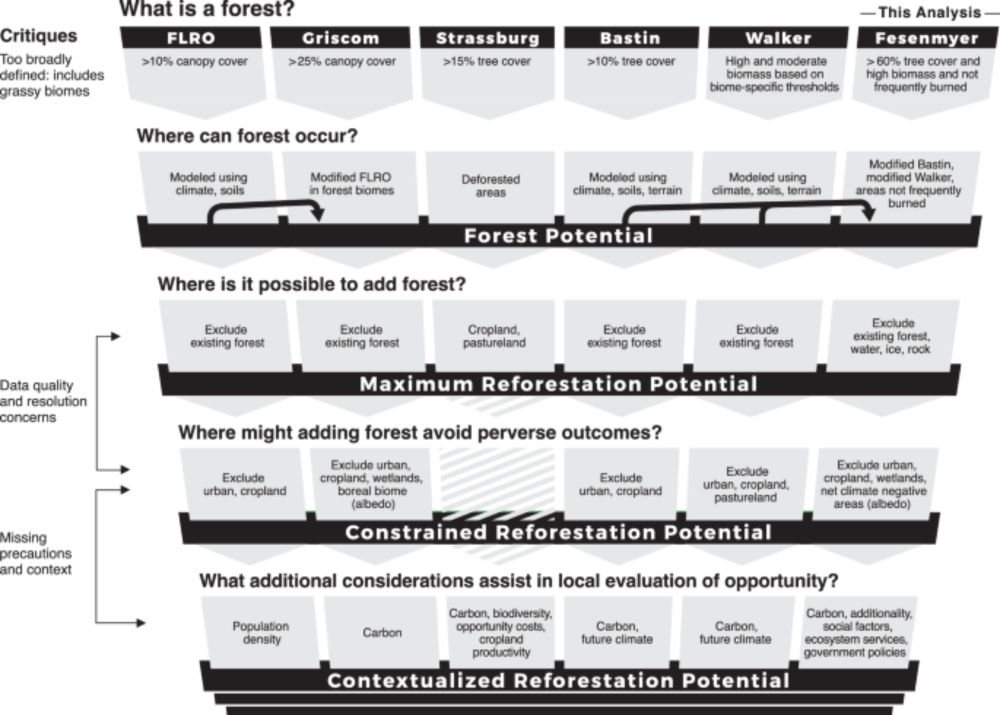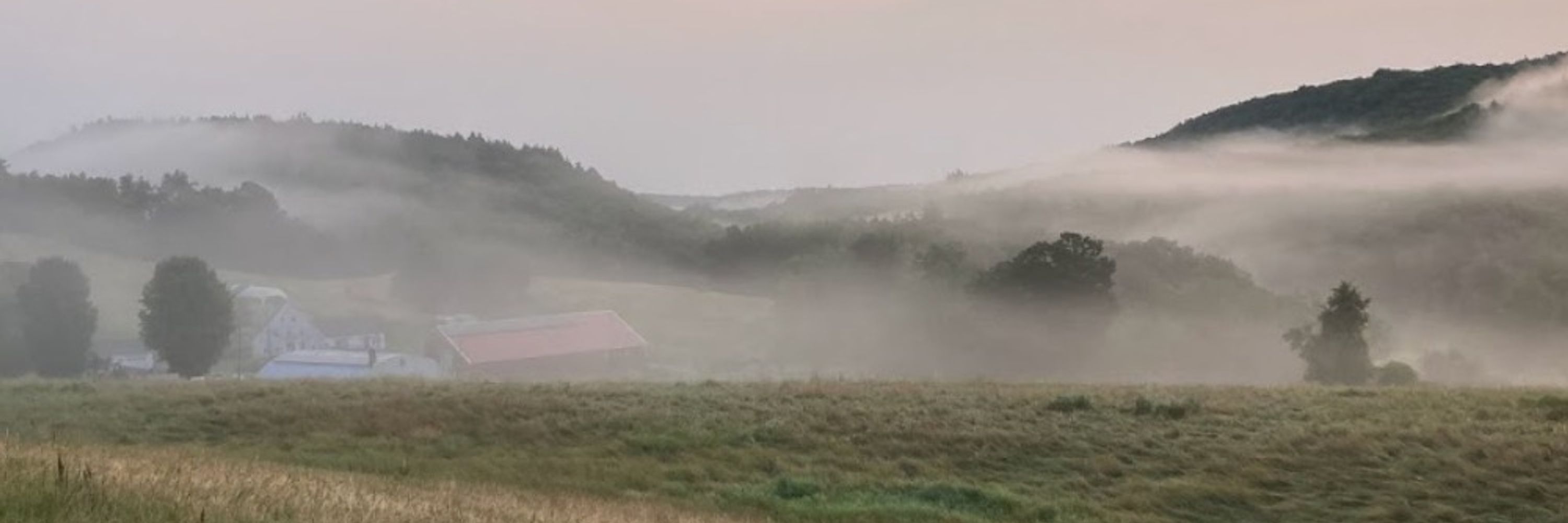Forrest Fleischman
@forrestf.bsky.social
2.9K followers
5.6K following
890 posts
Associate professor of environmental policy at the University of Minnesota. Forest governance, Restoration Social Science, South Asia, Central America, Environmental justice, urban ecosystems, NEPA, homegardens, etc.
Posts
Media
Videos
Starter Packs
Pinned
Forrest Fleischman
@forrestf.bsky.social
· Jun 23

Addressing critiques refines global estimates of reforestation potential for climate change mitigation - Nature Communications
Reforestation is a key climate change mitigation strategy, but global maps of its potential are widely criticized. This study shows that addressing those critiques substantially refines estimates of t...
www.nature.com
Reposted by Forrest Fleischman

